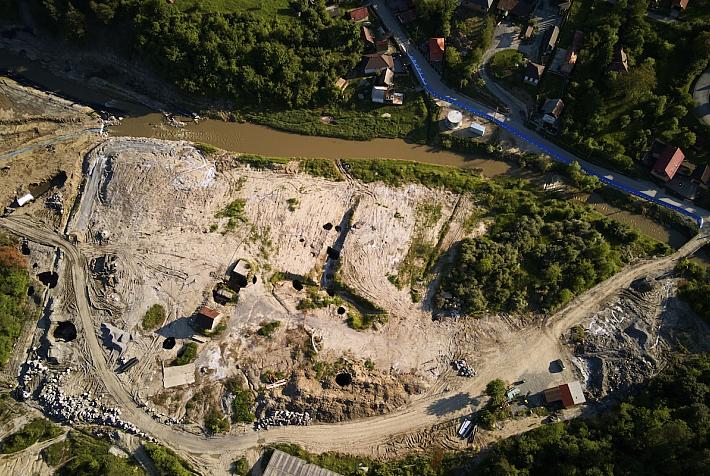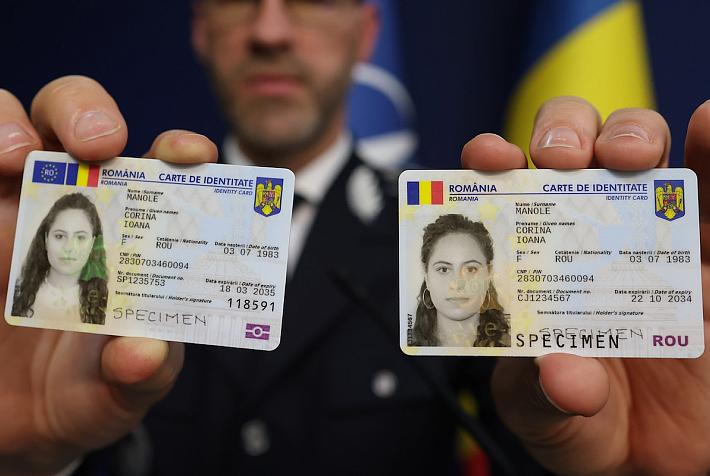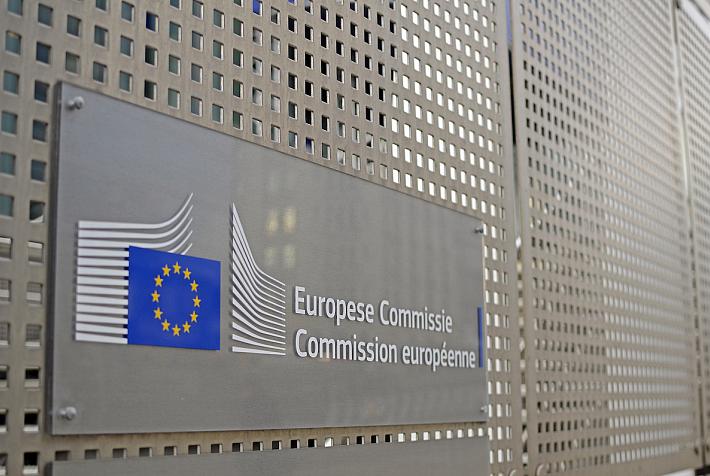Survey shows about half of Romanians believe presidential elections were unfairly organized

Roughly 45.7% of Romanians believe the country’s May presidential elections were rather unfairly organized, while 50.4% believe they were fair, according to a survey by INSCOP Research.
Romania's previous presidential elections, which saw centrist Bucharest mayor Nicusor Dan emerge victorious, saw extreme polarization. Immediately after the elections, far-right former candidate and one-time front-runner George Simion began arguing that the elections were “fixed.” Similar narratives spread online, with Simion’s supporters arguing the same, increasingly polarization.
As a result, numerous Romanians believe the elections were unfair. Divisions largely follow the differences in education and regional development. According to the survey, 75% of those with higher education believe the elections were held fairly, while the same proportion of those with primary education believe the opposite. Similarly, 60% of residents of large urban areas think they were fair, while 60% of those in the rural areas think otherwise.
“These differences reflect the structure of the electoral bases of the two candidates, which indicates the persistence of a strong polarization in our society. This demonstrates the harmful impact of the wave of disinformation intended to discredit democracy in Romania, and shows the need for serious efforts to restore the credibility of our democratic regime throughout society,” added Remus Ștefureac, director of INSCOP Research.
Overall, those who believe the presidential elections were rather fairly organized, in significantly higher proportions than the 50.4% average, are mainly PNL voters (90%) and USR voters (89%), individuals with higher education (75%), people aged over 60 (59%), residents of Bucharest (66%) and large urban areas (60%).
Those who believe the elections were rather unfairly organized, in higher proportions than the 45.7% average, are mainly AUR voters (89%), individuals aged 30–44 (58%), people with primary education (71%), rural residents (58%), and TikTok users (58%).
“75% of PSD voters believe the elections were organized fairly, while 20% consider the elections were unfairly organized, which may suggest the likely proportion of Social Democratic voters who voted for Nicușor Dan or George Simion,” stated Remus Ștefureac, director of INSCOP Research.
The data was collected using the CATI method (telephone interviews), with a simple, stratified sample volume of 1,150 people, representative across significant socio-demographic categories (gender, age, occupation) for Romania's non-institutionalized population aged 18 and over. The maximum admitted margin of error is ±2.9%, at a 95% confidence level.
(Photo source: Inquam Photos | Malina Norocea)













